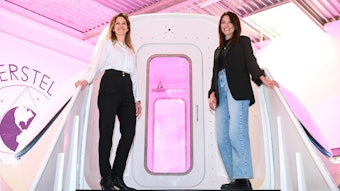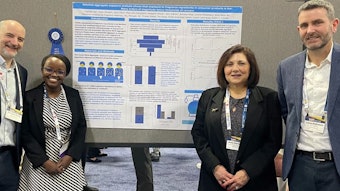At the sixth annual Chemical Sector Safety Summit in Baltimore, Lawrence Sloan, president and CEO of the Society of Chemical Manufacturers and Affiliates, reflected on the recent political and economic climate, most notably US government security regulations for high-risk chemical facilities.
“The 2012 summit is taking place against a much more unpredictable political and economic backdrop than in 2011,” said Sloan. “As we head into a general election this fall, our country faces historic decisions about federal spending under the shadow of an unstable economy.”
At the summit’s opening session in the morning of July 31, Sloan said The Chemical Facility Anti-Terrorism Standards (or CFATS) —a major topic of discussion—is also in a different place than where it was a year ago, when CFATS was on the path toward being reauthorized by Congress.
CFATS, also known as 6 CFR, Part 27, are a set of US government anti-terrorism security regulations for high-risk chemical facilities.
SOCMA testified before the House Homeland Security Committee earlier this year and although committees in both the House and the Senate approved multi-year reauthorizations of the standards, “politics being what they are in our nation’s capital prevented a final vote in either chamber, thus ending any chances of guaranteeing CFATS’s long-term authorization until 2013,” Sloan said.
“Also troubling is the fact that appropriators in Congress voted this year to slash funding for CFATS so drastically that, if ever approved, it could threaten the department’s ability to effectively implement the standards,” Sloan added. “There is no mistaking that we—the public and private sector alike—are facing some headwinds as we gather here in Baltimore this year.”
These challenges, Sloan said, are not insurmountable. “The fact is, having a comprehensive set of security standards such as CFATS that is enforced by DHS is in our nation’s best interest,” he said. “Just consider the options – either no security standards at all, or, on the opposite end of the spectrum, prescriptive one-size-fits-all mandates that do not preserve the necessary flexibility for an industry as diverse as ours."
Members of SOCMA, which includes even small member companies, are committed to CFATS, Sloan said. That and the industry’s commitment to securing its most hazardous chemical products is stronger than ever, he added, referring to the number of attendees at the summit from the private sector.










